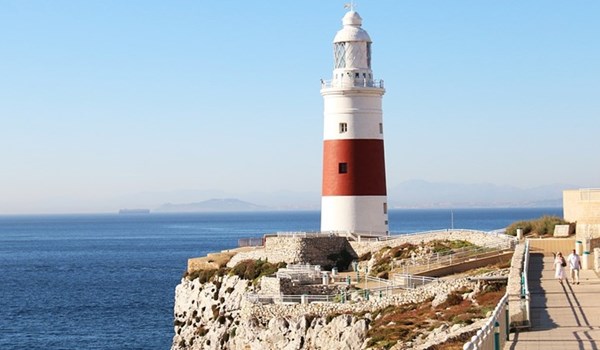Jurisdictions
Regions
Industry Sectors
10/07/20
GIBRALTAR: 'Jurisdiction will be better off outside the EU than inside,’ Garcia Margallo says.

As published on chronicle.gi, Thursday 9 July, 2020.
Jose Manuel Garcia Margallo, Spain’s controversial former Minister for Foreign Affairs under the Partido Popular government of Mariano Rajoy, has again lashed out at the tax treaty for Gibraltar and Spain, insisting it will benefit the Rock to the detriment of Spanish interests.
Speaking to Spain’s ABC newspaper, Mr Garcia Margallo said the treaty “gives a blessing to an offensive fiscal situation” and could lead to Gibraltar being removed from Spain’s list of tax havens.
“Gibraltar will be better off outside the European Union than inside,” he told the newspaper.
The PP had supported a parliamentary motion tabled by the far-right party Vox that sought to derail the tax treaty but failed after it was voted down by other parties in the Spanish parliament, which is in the process of ratifying the agreement.
Mr Garcia Margallo, now an MEP for the PP in Brussels, is urging the EU to oppose the treaty within the wider discussions with the UK on the future relationship.
As he has done on numerous occasions, he was sharply critical of Gibraltar and bemoaned Spain’s decision not to push its sovereignty agenda in the Brexit process, insisting it should pursue his discredited vision of joint sovereignty for the Rock.
And he questioned why Gibraltar had not objected in Brussels when the EU included in its negotiating mandate a clause referring to the UK’s overseas territories, in which the bloc called on Britain to ensure those territories complied with EU criteria on good governance and transparency, suggesting that was not currently the case.
Mr Garcia Margallo, a former tax inspector, said other UK territories had objected to the suggestion they did not already comply with those criteria, but claimed Gibraltar had remained quiet on the point.
The Gibraltar Government had, in fact, lobbied in Brussels to ensure its position was properly understood by EU governments. The clause was amended before adoption to remove the suggestion that the overseas territories’ were not meeting international criteria on tax information exchange.
The Gibraltar Government’s longstanding position is that Gibraltar complies fully with both EU and international rules on tax transparency, a fact that even Mr Garcia Margallo had acknowledged, despite his criticism, in an earlier opinion piece for ABC published last month.
In that article, which was headlined ‘Sanchez launders Gibraltar’, Mr Garcia Margallo wrote that the tax treaty for Gibraltar and Spain recognised Gibraltar’s tax authorities “as if they were representatives of sovereign states”.
He added that the agreement conceded nothing that Spain could not itself regulate unilaterally if it chose to do so, or which Gibraltar was already obliged to do under international agreements.
“What does Spain win? Nothing,” he wrote at the time.
“The British are conceding things that we could regulate without having to rely on anyone, and others that Gibraltar will have to accept due to the treaties it has subscribed to, especially those under the OECD framework.”
“Can Spain not define who is or isn’t a tax resident, without having to rely on anyone?”
“Can Spanish authorities not demand that people operating from the Rock account for themselves or face restricted access to our market?”
“Will Gibraltar not have to continue complying with the [OECD] multilateral agreement on tax information exchange?”
“Could Gibraltar refuse to apply the action plan on base erosion and profit shifting?”
“Is it not obvious that if it did that, it would become a tax haven for all the jurisdictions in the world?”
The arguments set out by Mr Garcia Margallo in his opinion piece for ABC echo the position of the Gibraltar Government, which says the tax treaty for Gibraltar and Spain reflects the Rock’s wider commitment to full fiscal transparency as a reputable financial services centre particularly after Brexit.
The treaty has been heavily criticised in Gibraltar by the Opposition, however, which insists it is flawed and damaging to Gibraltar’s interests.
The GSD believes that the agreement is “intrusive and harmful” for Gibraltar because it “surrenders elements of sovereignty” to Spain, adding that it will lead to a loss of business and inward investment.




